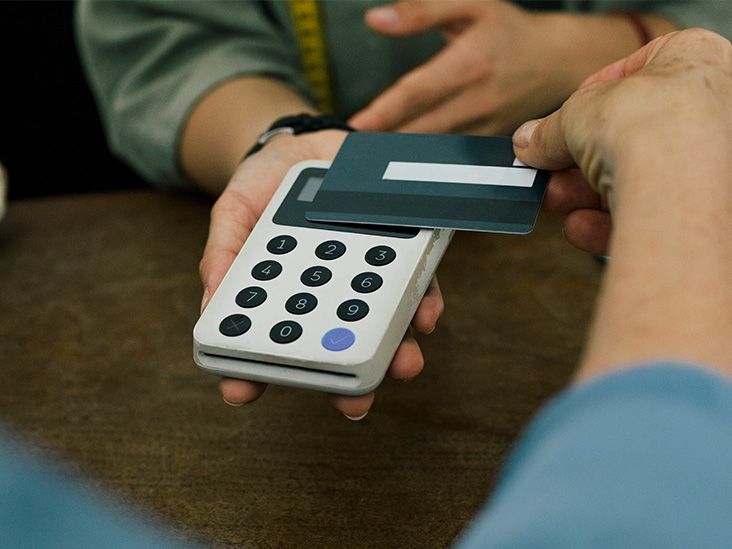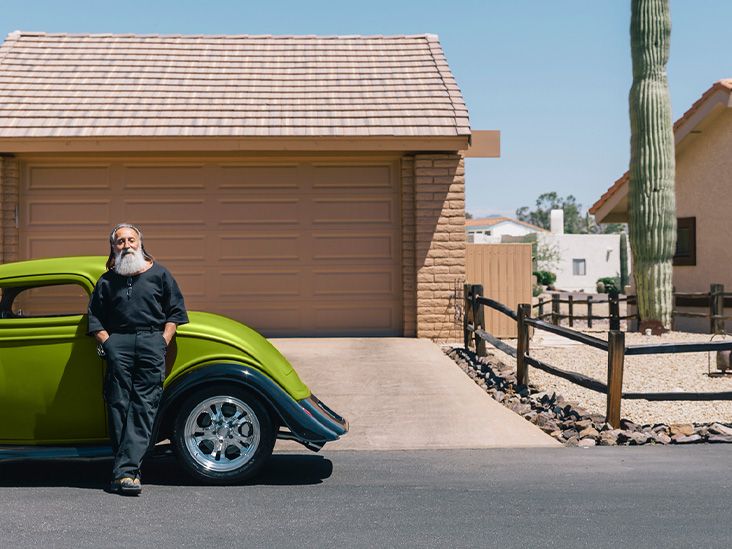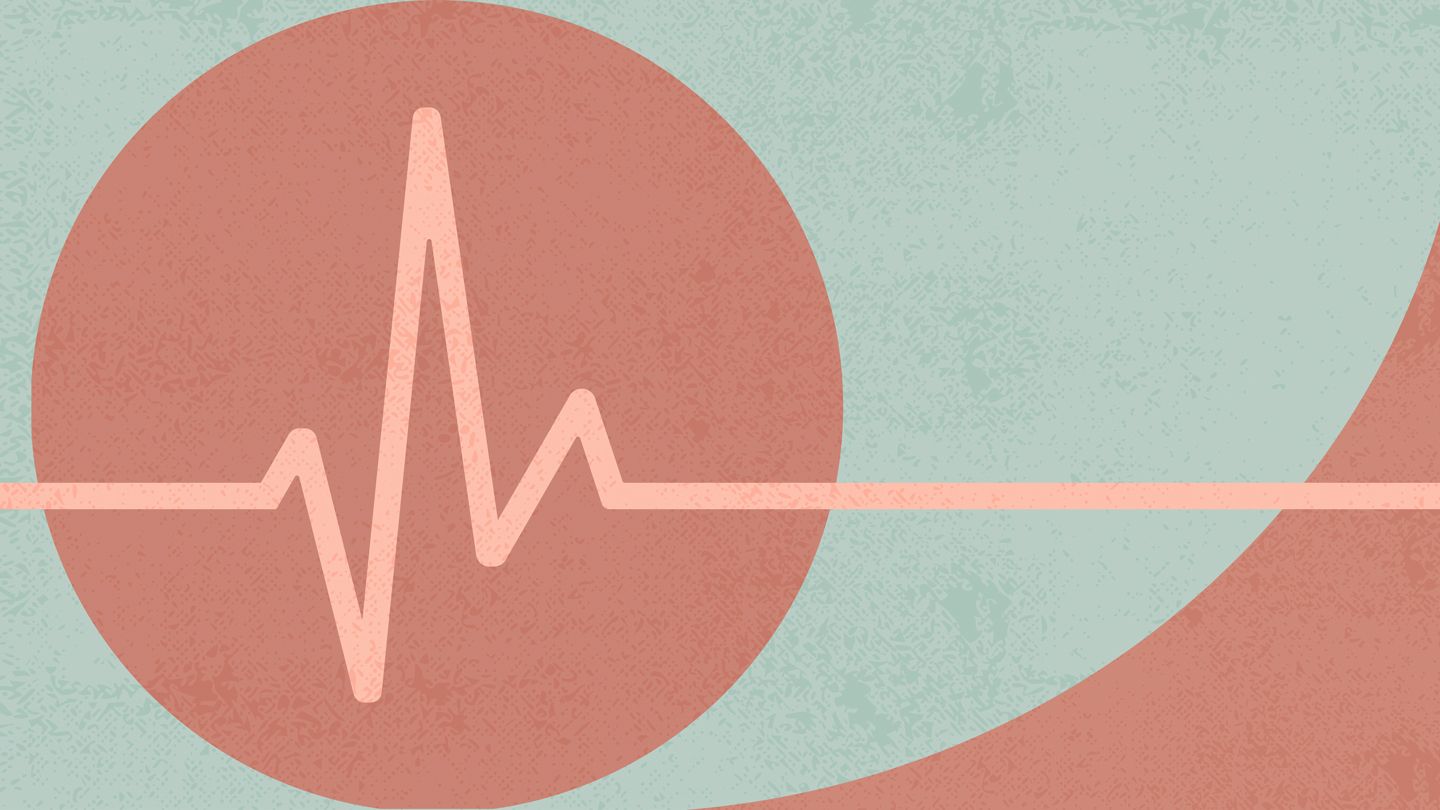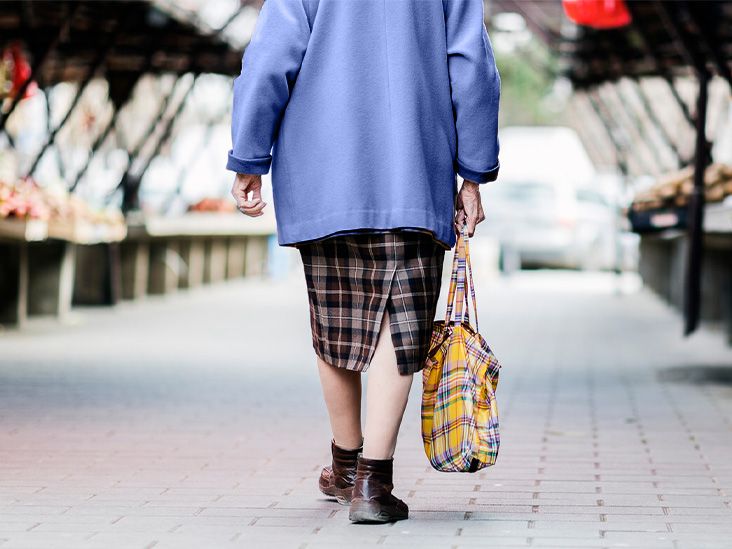Hey there! Let's chat about something that might surprise you. You know how we all reach for that trusty fan when it gets sweltering hot? Well, here's the thing - for our beloved seniors, that fan might actually be doing more harm than good in certain situations.
I know what you're thinking. "A fan? That old-school cooling method that's been around forever?" Yes, exactly! But stick with me here because what we're about to explore is backed by some pretty fascinating research that might change how you think about keeping our older loved ones comfortable during those scorching summer days.
You see, as much as we hate to admit it, our bodies change as we age. And one of the not-so-fun changes is how our internal thermostat starts acting up. Think of it like an old air conditioner that's lost some of its oomph - it still works, but not quite as efficiently as it used to. For older adults, even moderately warm temperatures can feel like a heat wave, and that's when things can get tricky.
Here's where it gets really interesting. Researchers at the Montreal Heart Institute discovered something that might make you do a double-take. They found that while fans can help older adults feel more comfortable at 38C with 60% humidity, flip the conditions to 45C and only 15% humidity, and suddenly that same fan is actually raising core body temperature and making folks feel worse. Pretty counterintuitive, right?
Why Heat Affects Seniors Differently
Let's break this down together. Why exactly do our older family members struggle so much more with heat? Well, imagine your body as a sophisticated machine - over time, even the best machines start showing wear and tear.
As we age, our body's ability to regulate temperature takes a bit of a hit. It's not dramatic, but it's definitely noticeable. Our sweat glands become less efficient, kind of like how a garden sprinkler might not spray as forcefully after years of use. Our skin becomes thinner and drier, which affects how well we release heat. And our cardiovascular system - our heart and blood vessels - might not pump blood as effectively to help us cool down.
But wait, there's more! Many of our seniors are also dealing with chronic conditions like heart disease, diabetes, or kidney issues. These conditions, along with the medications used to treat them, can make heat sensitivity even worse. Think antihistamines, blood pressure medications, diuretics, and antidepressants - common medications that can interfere with our body's natural cooling process.
According to Harvard Medicine Magazine, these age-related changes in thermoregulation are significant enough that older adults are particularly vulnerable to heat-related illnesses, even when temperatures don't seem extreme to the rest of us.
Recognizing Heat-Related Warning Signs
Now, here's where we need to become a bit like detectives. Sometimes, the signs that someone is struggling with heat aren't always obvious, especially in our older loved ones. They might not be sweating as much, or they might seem confused rather than simply uncomfortable.
Let's talk about what to watch for. Heat exhaustion can show up as feeling thirsty, sweaty, dizzy, or disoriented. But heat stroke? That's a whole different ball game. No sweating, confusion, even loss of consciousness - these are red flags that require immediate medical attention.
Dehydration is another sneaky one. It's not just about dry mouth - older adults might experience low energy, reduced urine output, or even muscle cramps. And here's something I find fascinating - people over 65 naturally lose their thirst sensation. So they might not even realize they need to drink water!
Early warning signs that should never be ignored include heavy fatigue or weakness, headaches, dizziness, muscle cramps, nausea, vomiting, and any changes in mental status like confusion. These are your body's way of saying, "Hey, I need help here!"
The Fan Dilemma Explained
Okay, let's dive into the fan conundrum that started this whole conversation. You're probably wondering, "How can something so simple and helpful actually make things worse?" Great question!
Here's the science behind it. Fans work by creating air movement that helps sweat evaporate from our skin. When sweat evaporates, it creates a cooling effect - it's like nature's own air conditioning system. But here's the catch - this only works when the air hitting our skin is cool enough to assist with that evaporative cooling process.
In very hot and dry conditions, something counterproductive happens. The dry air causes sweat to evaporate so quickly that while our skin might feel cooler, our core body temperature actually starts to rise. It's like trying to cool down by blowing on a hot cup of coffee - the surface might cool slightly, but the inside is still piping hot.
This is particularly problematic for elderly adults because their bodies already struggle with fluid retention. That rapid evaporation can lead to dehydration faster than you might expect, creating a dangerous cycle.
But here's the good news - fans aren't always the villains in this story. They work wonderfully in humid, lower temperature scenarios. When temperatures are below about 95F (35C) and humidity is moderate (over 30%), fans can be quite helpful. They're also great when used alongside air conditioning or in shaded indoor spaces.
Smart Strategies for Comfort
So what can we do to help our older loved ones stay comfortable and safe during hot weather? The key is being proactive rather than reactive. Let's explore some practical approaches.
First and foremost - hydration, hydration, hydration! I know it sounds simple, but staying properly hydrated is one of the most crucial things we can do. Remember, older adults don't feel thirsty the way younger people do, so we can't wait for that signal. Encourage small, frequent sips of water throughout the day. Carry a reusable water bottle, keep water easily accessible, and don't forget about water-rich foods like melons, cucumbers, oranges, and tomatoes.
Now, let's talk about clothing and environment. Light, loose-fitting clothes in light colors are your friend. Think cotton over polyester - natural, breathable materials make a real difference. Keep curtains closed during the hottest parts of the day, and only open windows during cooler morning or evening hours.
Timing is everything when it comes to outdoor activities. If your loved one enjoys walks or other activities, try to schedule them before 10 am or after 6 pm. Minimize outdoor trips on extremely hot days, and absolutely avoid any strenuous activity during midday heat peaks.
Understanding local heat alerts is also crucial. The CDC's HeatRisk tool can provide localized forecasts for your area, and many communities offer cooling centers during heat waves. Don't hesitate to take advantage of these resources - they're there for a reason.
When Things Go Wrong
Sometimes despite our best efforts, someone might start showing signs of heat-related illness. When this happens, quick action can make all the difference.
If you're dealing with heat exhaustion, move the person to a cool place, help them elevate their feet, and offer fluids gradually. For heat cramps, stop any activity, let them rest, and provide water or an electrolyte solution.
| Condition | Immediate Action |
|---|---|
| Heat Exhaustion | Move to cool place; elevate feet; give fluids gradually |
| Heat Cramps | Stop activity; rest; drink water/electrolyte solution |
| Heat Rash | Keep dry; use powder; stay in cool area |
| Heat Stroke | Call 911; cool person with wet cloths or bath |
But here's what I want you to remember above all - if someone stops sweating or appears confused or unresponsive in hot weather, call 911 immediately. Heat stroke is a medical emergency that can't be treated at home.
Experts like those at Harvard's T.H. Chan School of Public Health emphasize that many heat-related hospitalizations in older adults are completely preventable with the right knowledge and preparation.
Caregiver Checklists Make a Difference
If you're caring for an older adult during the hot months, a few simple daily checks can make all the difference. Make sure fresh drinking water is always accessible, along with foods that have high water content. Observe their comfort levels - if they seem uncomfortable without air conditioning, it might be time to change their location.
Keep an eye on how their medications might affect their temperature control, and watch for any behavioral shifts that might indicate heat exhaustion. These small observations can catch problems before they become serious.
What happens when vulnerable situations arise? Maybe there's a power outage, and you're stuck with just a fan for cooling. Maybe your loved one who lives alone runs out of water. These are the moments when having backup plans and knowing about local resources like community cooling shelters or senior delivery services becomes invaluable.
Wrapping It All Up
As we come to the end of our chat today, I hope you're walking away with a better understanding of how complex heat sensitivity can be for our older loved ones. It's not just about being "used to the cold" or "heat intolerant" - there are real physiological reasons why heat affects seniors differently.
We've learned that while fans can be helpful in certain conditions, they're not the universal solution we might have thought. We've discovered the importance of staying hydrated even when we don't feel thirsty, and we've explored practical strategies for keeping cool and safe.
Most importantly, we've seen that being aware and prepared can make a world of difference. Heat-related illnesses in older adults are largely preventable, and that knowledge puts incredible power in our hands as caregivers, family members, and friends.
So next time you're setting up that fan for someone you love, take a moment to consider the conditions - the actual temperature, the humidity level, and how that person is really feeling. Sometimes the best help is knowing when traditional solutions might not be the best solutions.
Remember, we don't have to let heat win against our older loved ones. With a little knowledge, some preparation, and lots of care, we can help them enjoy those summer months safely and comfortably. After all, the best summers are shared with the people we love most.
What strategies have worked well for you in keeping older family members comfortable during hot weather? I'd love to hear your experiences and tips - feel free to share them with others who might benefit from your wisdom!
Disclaimer: This article is for informational purposes only and does not constitute medical advice. Always consult with a healthcare professional before starting any new treatment regimen.
Related Coverage
Learn how to get and use your Medicare OTC card for free health and wellness items....
Medicare fall prevention services help seniors reduce risks and maintain independence. Learn how Medicare covers wellness visits, therapy, and safety equipment....
Get clear info on Medicare Arizona options, including Part A, B, C, and D. Find the best plan for your health and budget in 2025....
Planning ahead through legal documents, conversations, lifestyle changes, and finding support can help you and loved ones navigate end of life with peace and closure....
Elderly heat sensitivity increases risks during hot weather. Know when fans help or harm and how to keep seniors cool and safe....
Find the best Montana Medicare options for your needs. Compare plans, save money, and get the coverage you deserve in Big Sky Country....
Find the right Medicare in Connecticut with our simple guide to coverage options, enrollment tips, and plan comparisons....
What happens physically and mentally leading up to death and just after, according to scientific research. Covers brain activity, reflexes, the transition, and theories about consciousness....
See if you qualify for Medicare grocery benefits through Medicare Advantage plans. Get food allowances to help manage your health....
Secondary aging is influenced by lifestyle and health choices. Learn how to slow it down and age healthier....









